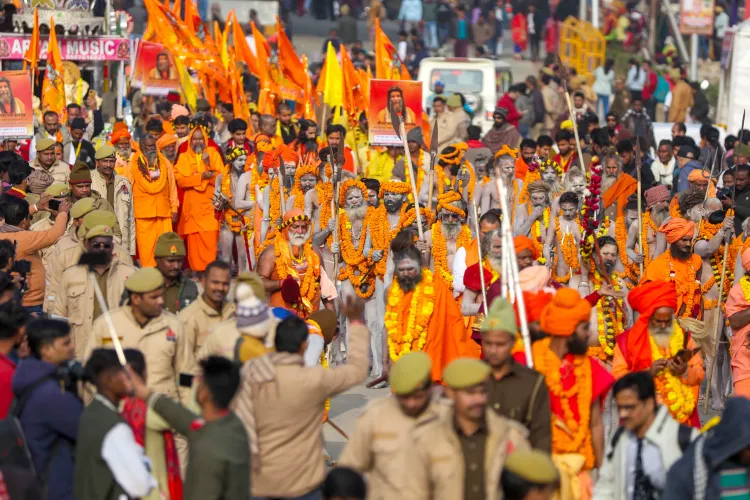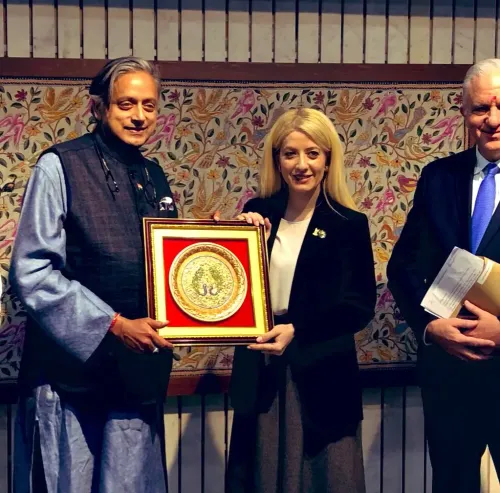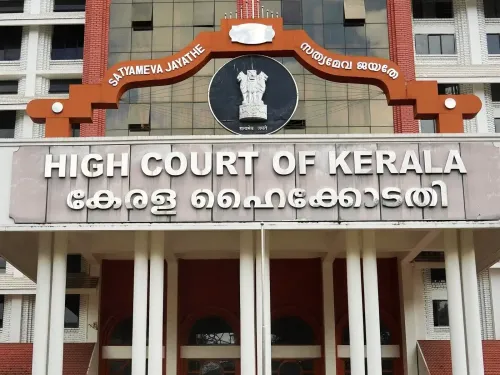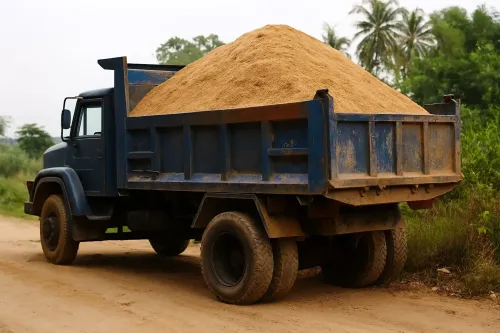Mahakumbh 2025: Digital Transformation of Police Attendance

Mahakumbh Nagar, January 5 (NationPress) The Uttar Pradesh Police have made a remarkable advancement towards a digital Mahakumbh by rolling out a completely biometric attendance system for its officers.
In a shift from conventional paper records, the attendance of law enforcement officials assigned to this grand occasion will now be documented digitally, thus optimizing time and enhancing record keeping.
All police personnel designated for duty at Mahakumbh-2025 are currently undergoing training for their responsibilities at the event. Their attendance in these training sessions is being tracked biometrically, which streamlines record management.
Approximately 50,000 police officers will be stationed to ensure the safety of an estimated 40 crore devotees attending the Mahakumbh-2025.
SSP Kumbh Mela, Rajesh Dwivedi, highlighted the significance of continuous training, which includes soft skills, disaster management, and an understanding of the event's geographical area.
He pointed out that biometric attendance not only conserves time but also improves the precision of record-keeping.
"Previously, maintaining a traditional attendance register was challenging, but digital attendance has relieved us from those complications," he stated.
The first two phases of training, involving over 10,000 police personnel, have been successfully completed, and the third phase is presently in progress. Officers from nearly all districts of Uttar Pradesh are now on duty for the Mahakumbh.
Their full details have been securely integrated into the biometric system, ensuring effective monitoring and management of the workforce during the event.
The Maha Kumbh Mela, recognized as the world’s largest public gathering, will see participants taking a sacred dip of faith in the river Ganga, spanning over a month from January 13 to February 26.
Importantly, the Kumbh Mela is a religious pilgrimage celebrated four times over a 12-year cycle. Its geographical span covers four locations within the country, with the Mela site rotating among one of the four sacred rivers.









